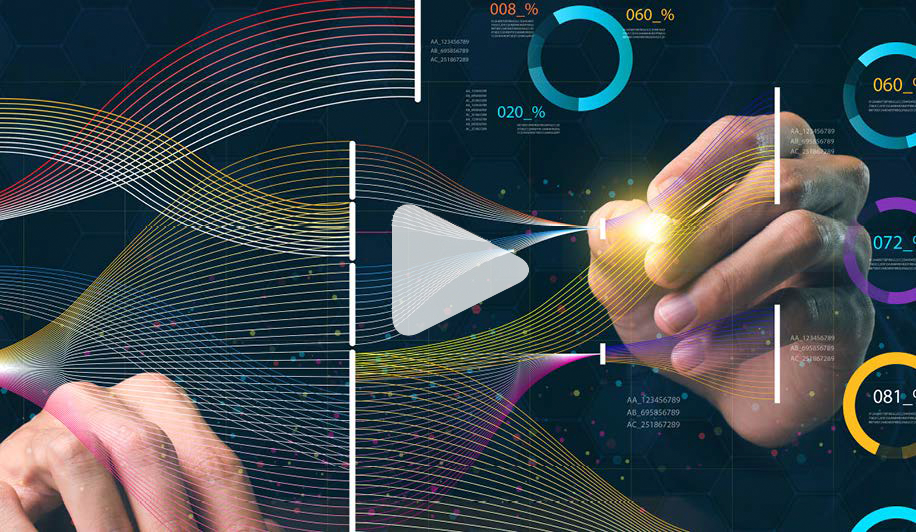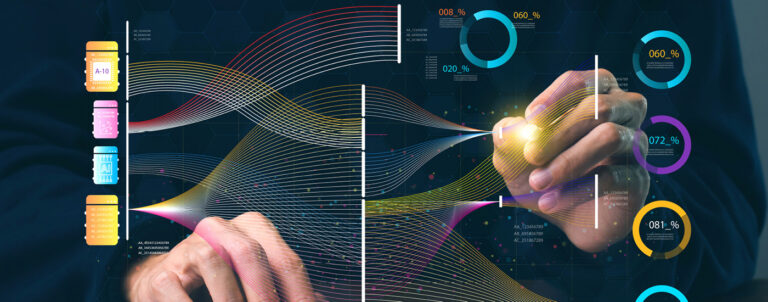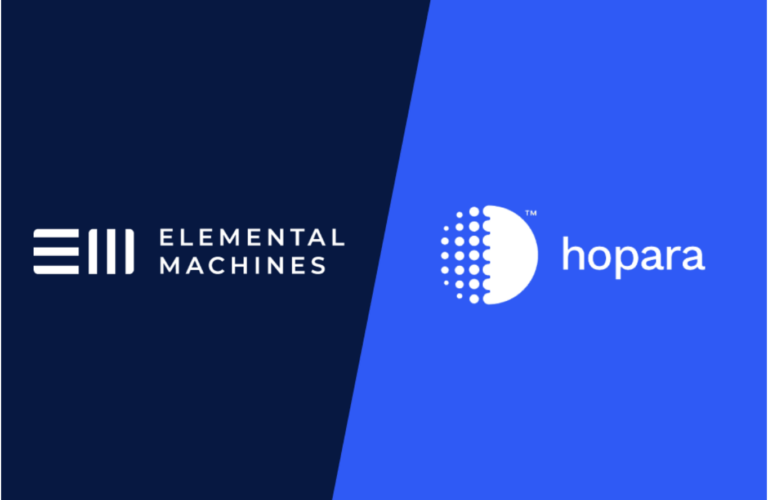Hopara Resources
All Resources
All Resources BlogWebinarWhite PaperMediaVideoeBook
While the digital twin concept shows immense promise for revolutionizing lab operations, traditional digital twin solutions come saddled with burdensome drawbacks. Typically requiring over a year for custom coding and debugging, these systems demand hefty investments often tallying hundreds of thousands to even millions of dollars for a single-use case implementation...
Downtime and maintenance challenges are costing labs millions in lost efficiency. This lost efficiency can become a thing of the past with Hopara’s innovative visualization. Our brief demo will guide you through a new realm of lab management...
Pharmaceutical therapeutic discovery. Biofuel testing. Genomic breakthroughs advancing precision medicine. The unassuming work within life sciences laboratories forms the foundation that launches medical revelations. But rarely is the critical nature of this work matched by stable conditions insulated from uncertainty...
Precision. Data integrity. Quality. In competitive life sciences labs, these attributes directly impact research continuity, regulatory compliance, funding, and ultimately human outcomes...
Precision, data integrity, and quality
are paramount in the dynamic world
of life sciences labs. Lab operations
managers, directors, and QA/QC
professionals shoulder the immense
responsibility of ensuring experiments
are accurate, compliant, and efficient...
A recent CSAIL podcast featured an enlightening discussion on agile digital twins with database legend Mike Stonebraker and Hopara CEO Gant Redmon...
In this episode, CSAIL Professor and Turing Award winner Mike Stonebraker sits down with Kara Miller for a conversation about research and business...
Elemental Machines partners with Hopara to help labs optimize operations and avoid costly inefficiencies...
Tomorrow’s advantage will go to those who most quickly (and easily)
convert data-collection to business insight...










